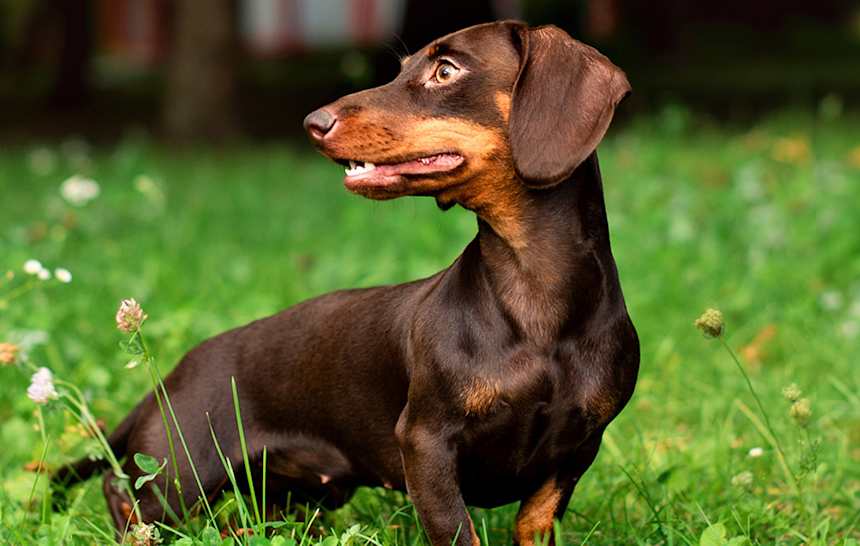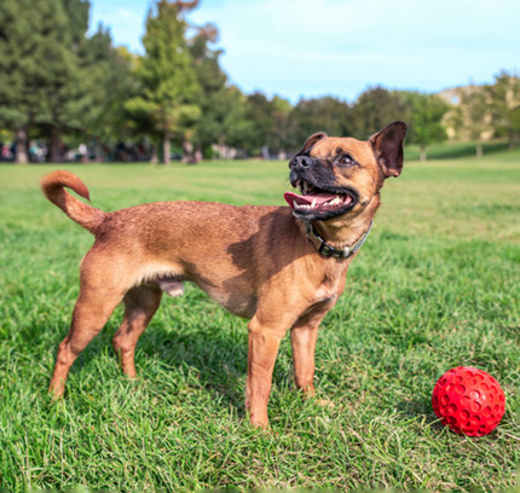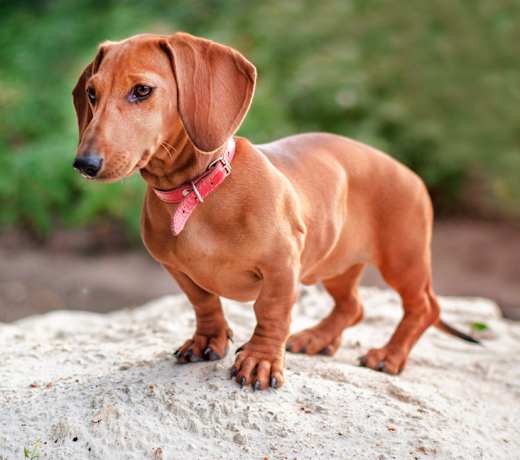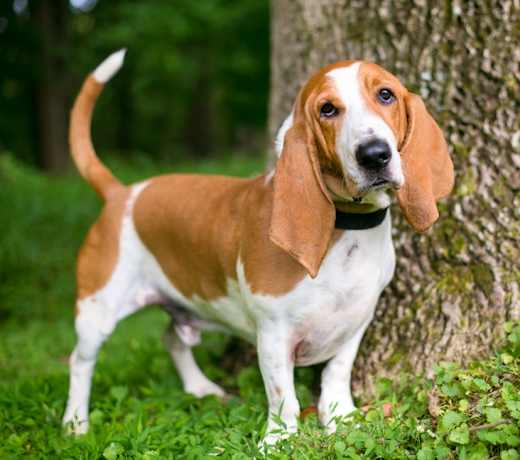Miniature Dachshunds come in a variety of colors, including solid shades like red and cream and combinations like black and tan or chocolate and tan. They can also have patterns such as dapple (a mix of lighter and darker shades), brindle (tiger-striped), and piebald (white with patches of color), giving them a unique look.
These little dogs most commonly feature solid red and black and tan coats. More rare coat colors include blue, Isabella (a dilute chocolate), and wild boar (a mix of brown, black, and gray, more often seen in wire-haired Dachshunds). Dachshunds with the dapple pattern may sometimes have one or both blue eyes, especially if the dapple creates patches of white on the face or near the eyes.





